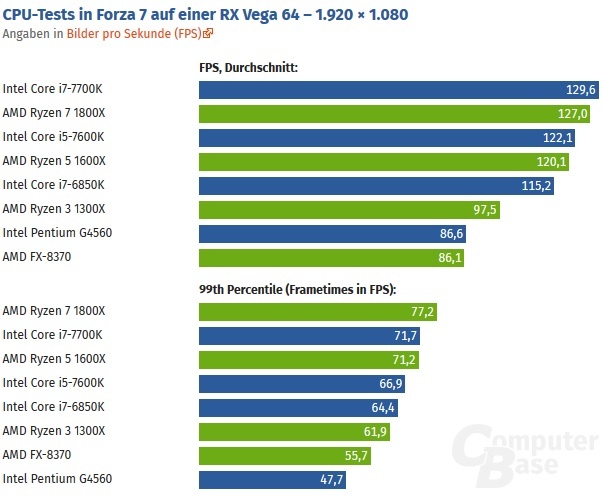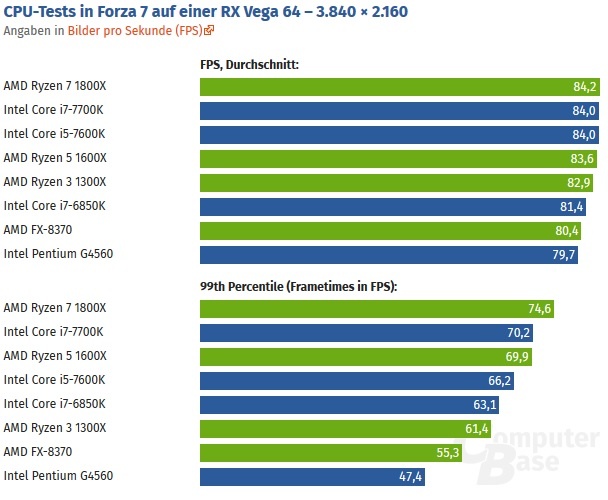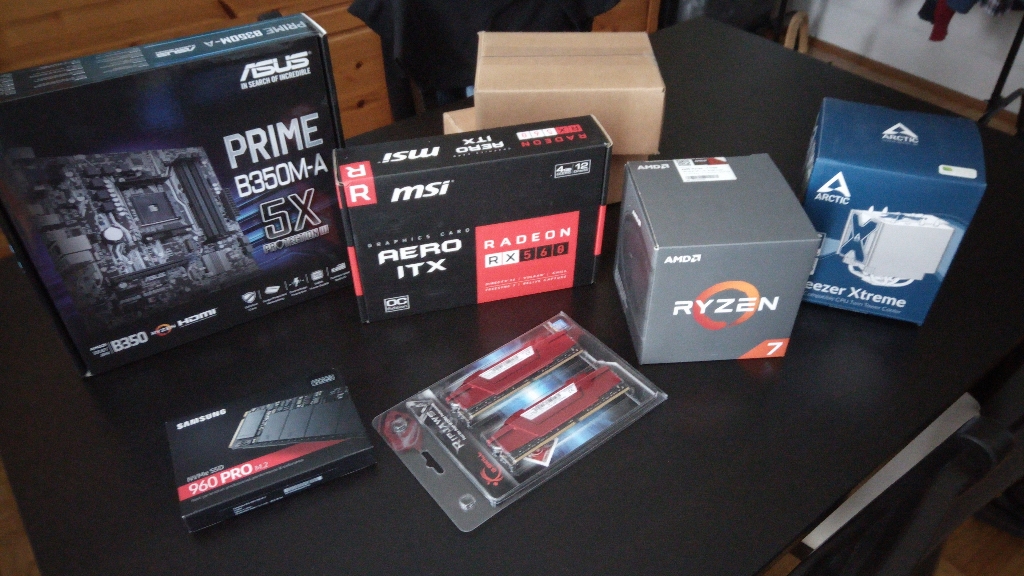It took several weeks - so I'm thankful for Amazon's cross-shipment and generous return window minimizing how long I was without a CPU - but my replacement 1700X from the AMD RMA
finally showed up. I am not in the US, so your experience may be better depending on where you are located.
It was manufactured in week 33, and while this is not long enough to be definitive, I ran the
kill-ryzen script for a couple of hours without any errors. Both my previous 1700Xs would fail in under 30 minutes, and typically less than 5.
Ashes of the Singularity's DX12 CPU benchmark would fail 100% of the time on both CPUs and now passes without issue in DX12 or Vulkan on the replacement CPU - so it looks like that could be a quick Windows-based test if you have it installed, as it's only 3 minutes long. I wouldn't use it to confirm that your CPU is 100% fault-free, but if it's crashing, you're probably affected.
Creating an Ubuntu live-USB image and running the kill-ryzen script was a lot less complicated than I was expecting though, and keeping that on a thumb stick can be useful for other reasons too.
The new CPU seems to run at 3.9GHz stable using the same settings as the previous one, though it does run a few degrees hotter. I would have been very upset if it was slower.
I should do more thorough stability testing and overclocking again to see if it will clock higher or be stable at a lower voltage than the older CPU, but I'm just happy to have the system up and running again.
Oh, and while it probably doesn't affect many people, I also found that the Crosshair VI Hero's PCIe setup doesn't appear to configure itself correctly when set to "auto" - at least not with the SATA cards I'm using.
With an x1 card in the PCIe x4_3 slot, the port was running at x4 speeds and disabling the x1_1, x1_2, and x1_3 slots, rather than dropping to x1 speeds automatically. So if you have devices that don't appear to be working at all, that's probably why.
That was frustrating, as I had moved the order of the cards around when installing the new CPU and a couple of SSDs, and suddenly I had devices that weren't working or showing up at all.






